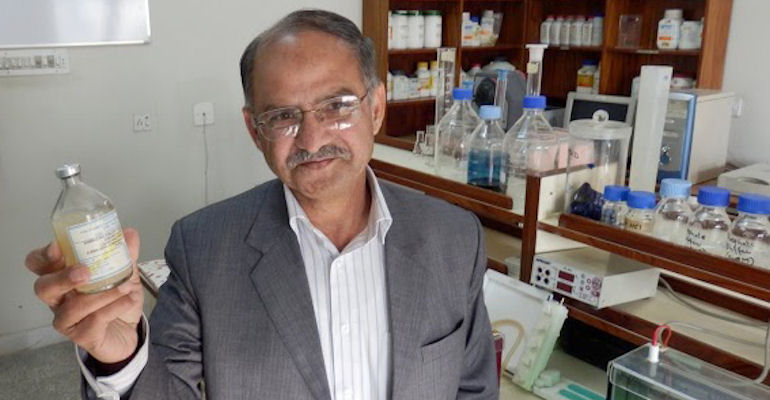USDA authorizes movement of FMD virus
Non-infectious version of FMD virus being transferred from Plum Island facility to U.S. mainland to allow for additional research opportunities.
4 Min Read

United Nations Food and Agriculture Organization (FAO) Dr. Muhammad Afzal holds a bottle of Foot and Mouth Disease (FMD) vaccine to show it becomes cloudy when it warms and is no longer usable. The U.S. Department of Agriculture (USDA) helps keep FMD vaccinations cold and viable through its Program for the Progressive Control of Foot and Mouth Disease (FMD) in Pakistan.USDA
About the Author(s)
Subscribe to Our Newsletters
Feedstuffs is the news source for animal agriculture
You May Also Like




.png?width=300&auto=webp&quality=80&disable=upscale)
